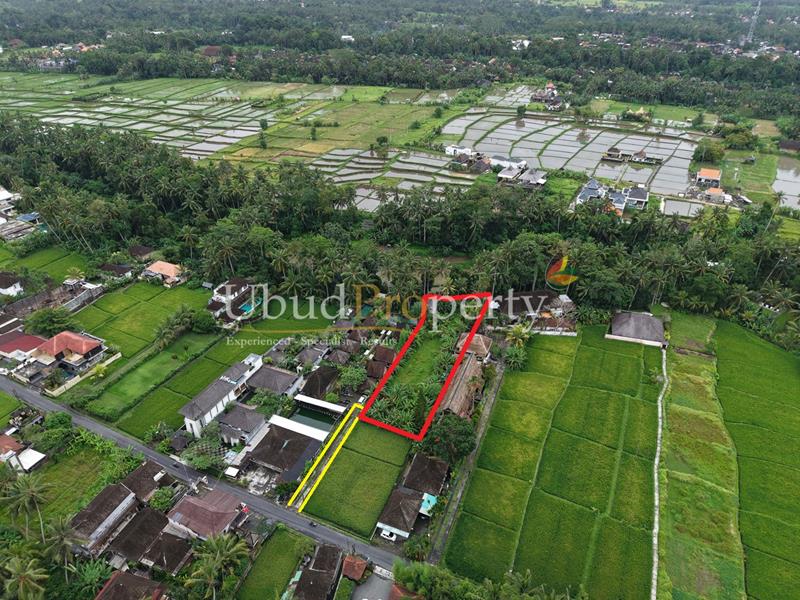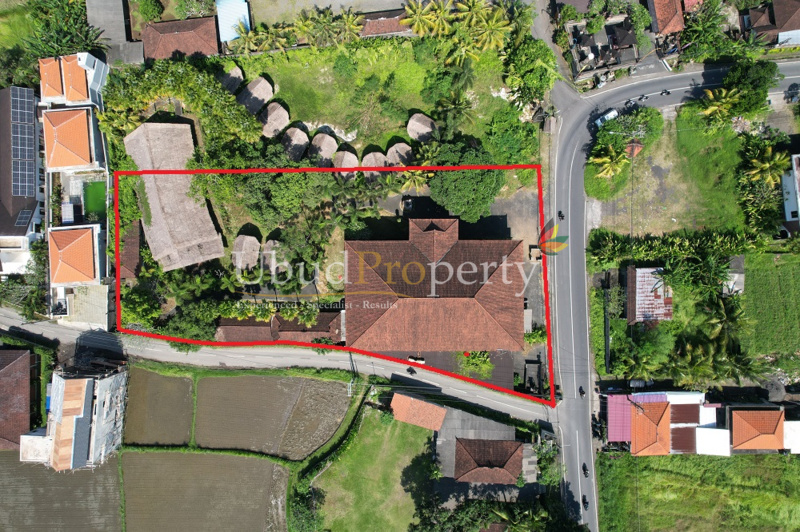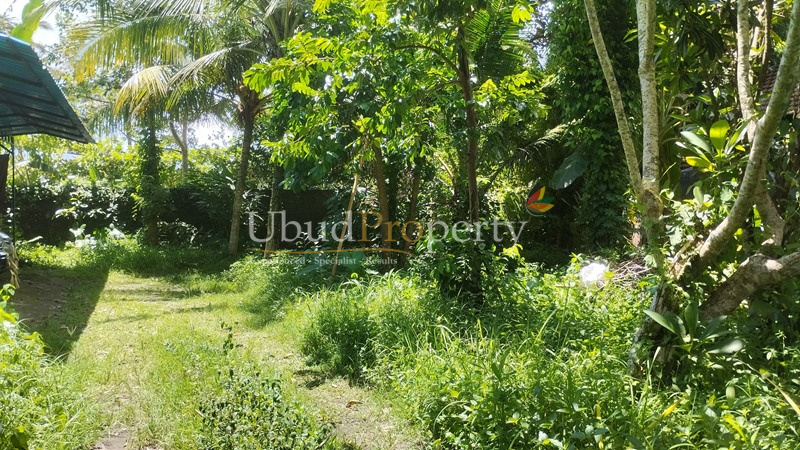Business to Consider: Real Estate Investing
22 September 2017
With housing prices starting to bottom out, now is a great time to consider real estate opportunities.
However, since credit remains tight, unless you plan to pay cash, your first step might involve researching financing options.
You also need to look into interest rates, which will be higher for investment properties than for primary residences, as well as local tax rates, insurance costs, fees or maintenance expenses that might be associated with the property and, if you plan to rent, local vacancy rates and the average length of time rentals remain vacant. Make sure to look into the tax benefits for investment properties, which will offset some of your expenses.
As you start your property search, remember that local trends are important—not national ones.
Property values and rates of appreciation vary dramatically from one neighborhood to the next, depending on the local job market, supply and demand, schools and many other factors.
Don’t be afraid to take a seminar or class to learn more. Real estate investment is often a long-term commitment so it’s important to get all the facts before diving into the market.
The Bottom Line
Borrowing money for real estate is a serious commitment, and financial institutions are more stringent about loaning for an investment property than for your primary residence. However, there are significant tax benefits for investment property.
Being a landlord isn’t for everyone, and you can run into cash-flow problems if you have extended vacancies or tenants who don’t pay the rent on time. Don’t forget to consider ongoing expenses for maintenance and repairs.
Most experts agree that if you hang onto a property long enough, it will eventually appreciate. Historically, long-term investors have seen an average annual rate of return between 5 and 9 percent on property investments. But you’ll need to carefully calculate how much money you can tie up in real estate waiting for that eventuality.
Is It Right for You?
Personality traits required: Patience, eye for details in everything from contracts to home repairs, people skills, organization, realistic expectations.
Risks: It’s possible the investment property could lose value or take many years to appreciate. Also, there likely will be vacancy periods, and you’ll have expenses for maintenance and repairs.
Pros and Cons at a Glance
1. Direct control of your investment
1. Markets can be fickle so no guarantees
2. Monthly income from tenants
2. Most people have to be landlords as well as investors to afford properties
3. True value: Property is an asset and basic need which will always have some value
3. Securing financing can be tough for pure investments
4. Tax benefits
4. Cash-flow issues when you have vacancies
5. Your investment is insured
5. Need to know lots of details upfront (e.g., mortgages, titles, insurance, negotiation, etc.)
*Image courtesy of http://www.homespakistan.com/
Article source by : http://www.success.com
FEATURE LISTINGS
U.660

- 1,295 Sqm
Tanah 12.95 Are di Dekat Pusat Ubud – Pemandangan Sawah, Hutan, & Sungai More Detail
IDR 9.712.500.000S.195

- 2,490 Sqm
This land with building really suits a café or luxurious villa in this strategic area More Detail
IDR 9.586.500.000
